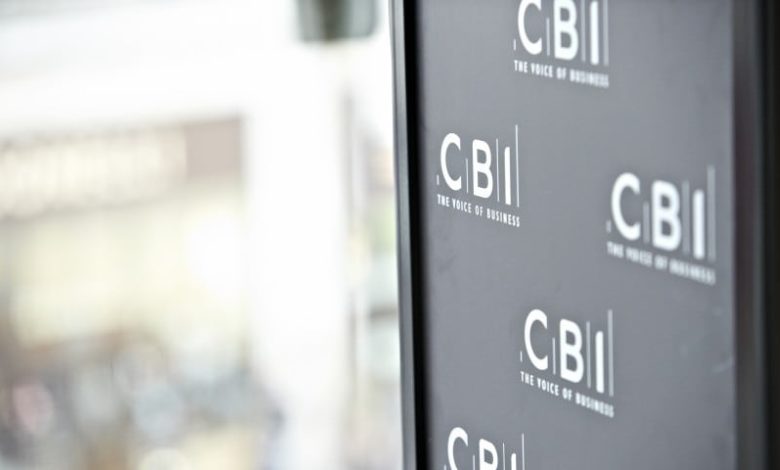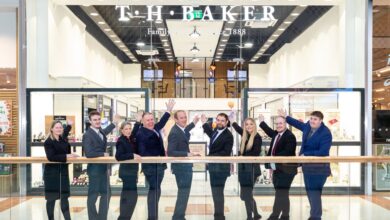Economic recovery solid, but growth ‘will even out’: CBI

Register to get 1 free article
Reveal the article below by registering for our email newsletter.
Want unlimited access? View Plans
Already have an account? Sign in
The UK economic recovery is on solid ground but growth will even out in the second half of 2014 and into next year, the CBI said in its latest economic forecast.
The UK’s leading business group forecasts 3.0% growth in 2014 and 2.7% in 2015, unchanged from May. Between the first quarter of 2013 and the second quarter of 2014, the UK has grown by 0.7% on average per quarter, the fastest rate in the G7. This strong pace of growth has been bolstered by rising business and consumer confidence, improving credit conditions and reductions in uncertainty over demand, the body said.
But after the recent period of acceleration, growth is expected to steady in the second half of this year, 0.7% (Q3) and 0.6% (Q4), as the initial positive impact of those factors wears off. This easing of momentum also reflects the continued weakness of productivity and slow wage growth, but this will gradually improve in 2015, with average earnings expected to grow by 1.0% this year and by 2.4% next year.
One explanation for the weakness in productivity is that tight credit conditions have held back business investment growth. Despite being 10.6% higher than a year ago, business investment is still 16% below its pre-crisis peak. But it is expected to pick up by 10.5% this year and by a further 7.8% in 2015 as uncertainty about demand continues to fade and financing conditions become more supportive.
John Cridland, CBI Director-General, said: “The UK’s recovery is on solid ground, with our quarterly growth on average outstripping G7 competitors over the last year. For the rest of this year, we expect growth to get onto a more even keel and the recovery to become further entrenched next year.
“Business investment has been growing better than expected so far this year, but it still has a lot of catching up to do to get back to its pre-crisis level. Although hundreds of thousands of new jobs are being created in the economy, there is little upward pressure on starter salaries outside of a few hot spots, such as in parts of the IT sector. For longer-term staff though, awards are often a little higher. We expect wages to pick up across the board next year as the recovery continues.
“UK businesses are still facing a significant amount of uncertainty, with the forthcoming Scottish referendum, the general election next year and the debate on Britain’s place in the European Union. In the wider world, geopolitical risks are growing, with heightened tensions in Ukraine and the Middle East. This brings with it the possibility of upward pressure on commodity prices and on inflation, and also increased global financial market instability.
“Growth is firmly on track, but with the external risk register rising, as we go into the party conference season, businesses need politicians to focus on the UK’s long-term economic security, not just on winning the political race.”
Without a more significant pick-up in in wage growth over the remainder of the year, and with CPI inflation set to stay below 2%, the CBI said it maintains its view that the “first interest rate rise will happen in the first quarter of 2015”.
With recent strong employment growth and steady falls in unemployment, the CBI expects unemployment to average 6.4% this year (2.07 million), falling below the two million mark in 2015 to 1.92m (5.9%).
House price inflation is expected to rise to 9.5% this year (from 3.5% in 2013) and 5.3% next year.
Net trade is unlikely to provide much of a boost to GDP growth, as strong domestic demand buoys demand for imports, broadly offsetting any gains from increased exports. Prolonged weak growth in the Eurozone is also likely to continue to weigh on the UK’s export performance. Exports are predicted to grow by 3.9% next year and imports by 3.5%.







